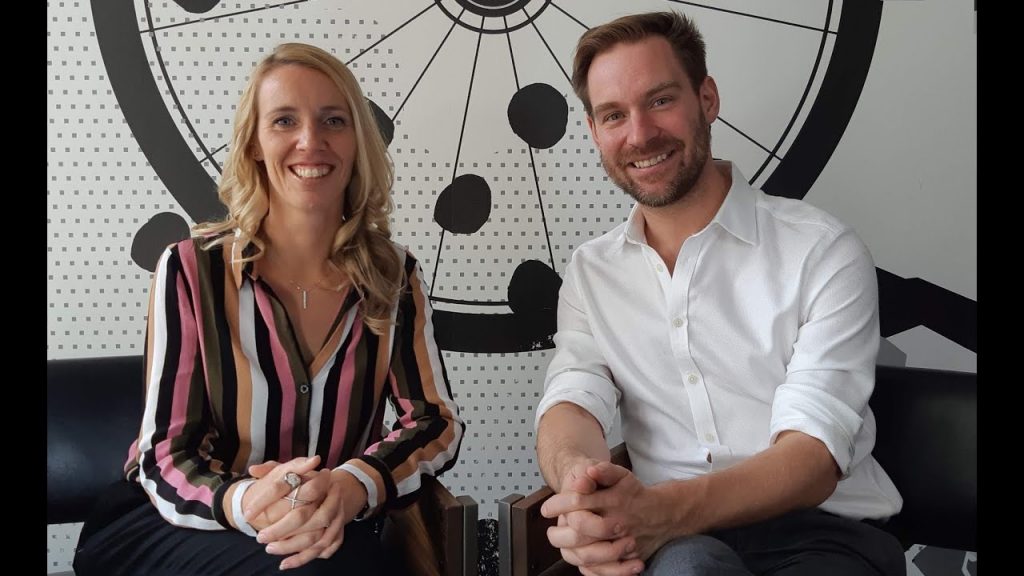Nous avons rencontré Laurent Turcot, enseignant au département des sciences humaines à l’UQTR qui nous révèle comment l’étude de l’histoire permet de développer l’esprit critique des élèves. Celui qui est aussi écrivain, historien, vulgarisateur historique et YouTubeur nous parle de la révolution technologique qui multiplie les moyens grâce auxquels on peut accéder à la connaissance historique.
Texte par Alexane St-Amant Ringuette
Dans cette entrevue, Laurent met en valeur le potentiel de sa discipline pour forger l’esprit critique et comprendre la société actuelle. Il souligne que l’histoire, ce n’est pas l’étude du passé, mais plutôt l’étude des traces du passé. Il ne s’agit pas de mémoriser les dates des événements, mais plutôt d’en comprendre les causes et les impacts. Le travail de l’historien ne consiste pas à ouvrir un livre et raconter l’histoire; il lui faut confronter plusieurs visions d’un même événement afin d’en tirer des apprentissages. Face à ses sources, l’historien doit toujours se poser les questions suivantes : Qui a écrit? Dans quel contexte? À quoi ça sert?
« L’historien ne sait pas quelle est la vérité, mais il sait quelles sont les représentations de la vérité » – Laurent Turcot
Savoir capter l’intérêt de ses élèves
Laurent est convaincu de l’importance d’investir différentes formes de vulgarisation historique. Il a voulu les essayer toutes afin de voir ce qui fonctionne : il a écrit un roman historique, a été consultant dans la réalisation du jeu vidéo Assassin’s Creed et a créé sa propre chaîne YouTube L’histoire nous le dira. À travers ces initiatives, Laurent cherche à démontrer la convergence entre la « grande science » et la « vulgarisation ». Surtout, il veut s’adapter à l’époque et à la manière de penser de ses étudiants afin de susciter leur intérêt.
La question EDU :
Le mot qui permet à Laurent d’avoir un impact positif sur les autres est ÉNERGIE. Écoutez l’entrevue pour découvrir ce que ce mot signifie pour lui.
Cette question est proposée par

Réalisé avec le soutien de Carrefour Éducation






